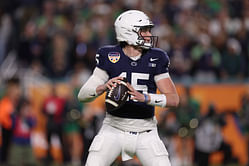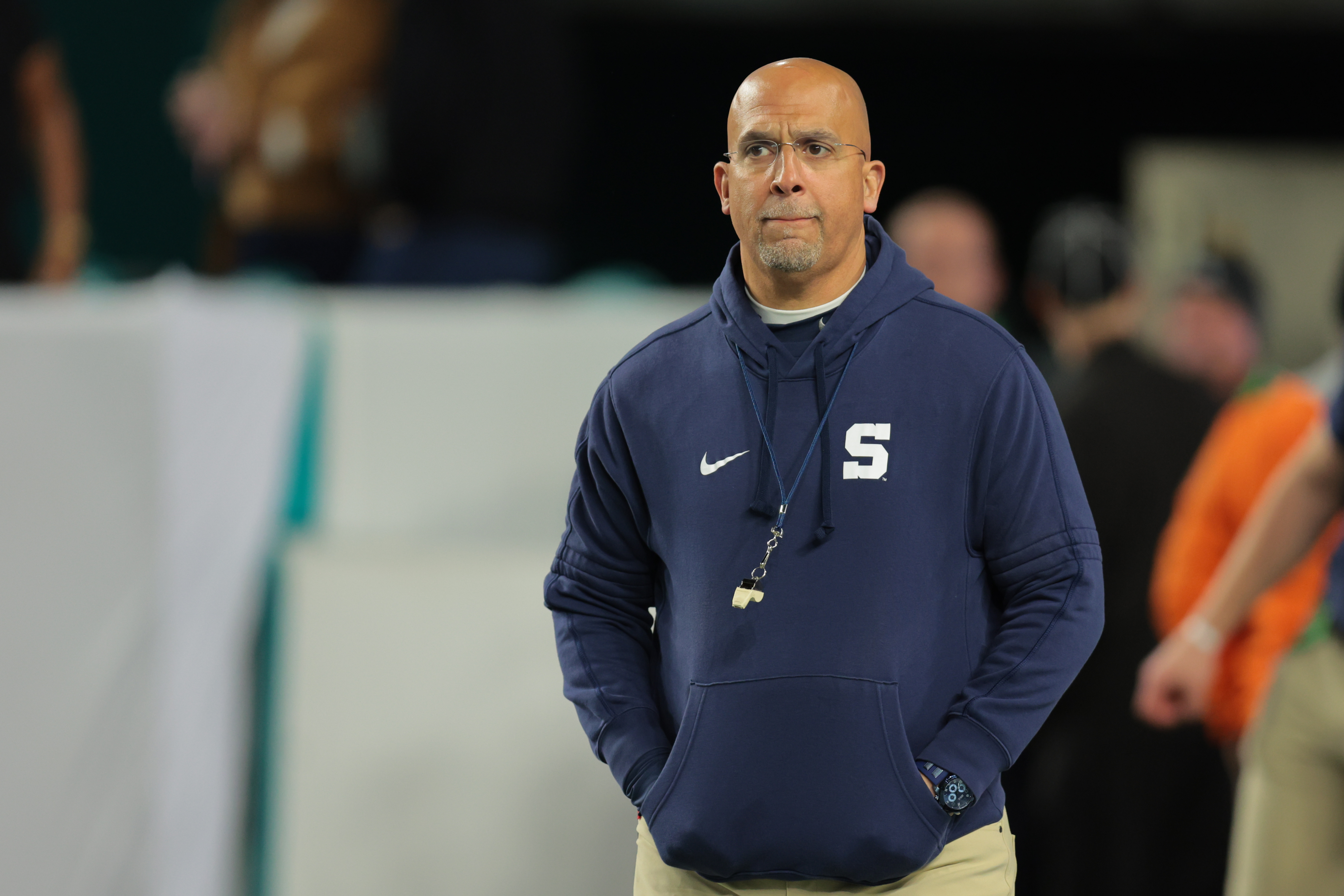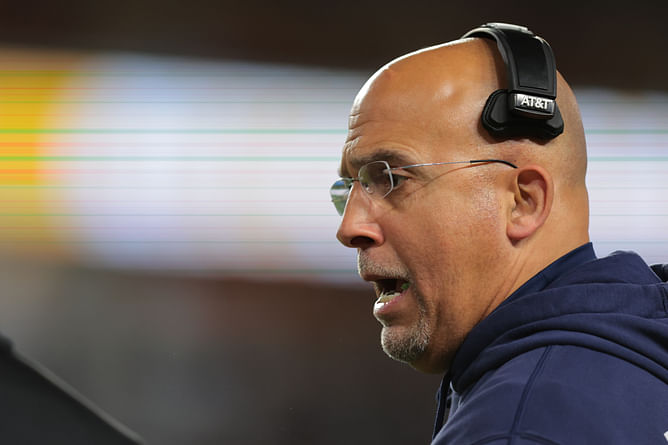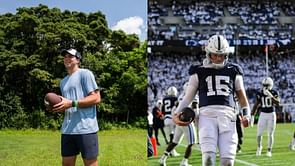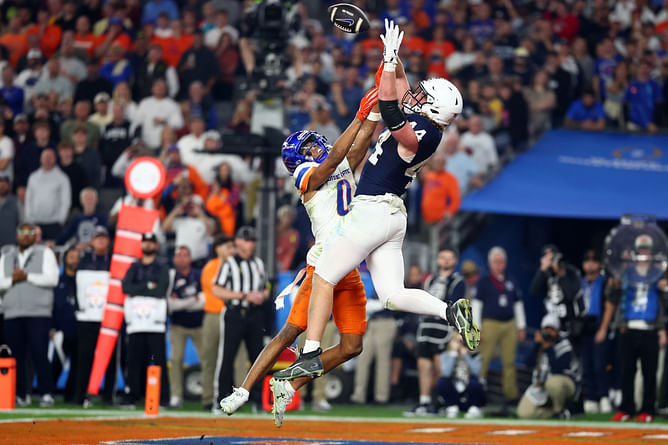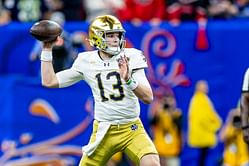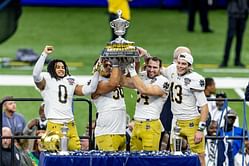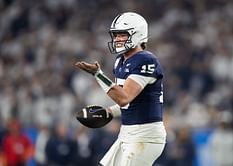About Orange Bowl
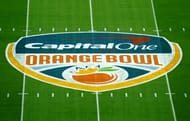
Orange Bowl History
The Orange Bowl, an iconic annual American college football bowl game, has graced the Miami metropolitan area since January 1, 1935, solidifying its place as one of the oldest bowl games in the nation, rivaled only by the Rose Bowl, which predates it by a few decades. Initially held at Miami Field, the game found its home at the Miami Orange Bowl stadium in 1938 before relocating to the current venue, Hard Rock Stadium in Miami Gardens, in 1996.
The game's roots trace back to the early 20th century when Pasadena, California, set the precedent with its Tournament of Roses Parade, incorporating an American football game in 1902. Inspired by this, Miami took the initiative in 1926 to create a similar New Year's Day football tradition with the "Fiesta of the American Tropics." Though the event didn't immediately flourish, the concept was rejuvenated later with the "Palm Festival."
The precursor to the Orange Bowl emerged in 1932 as the Festival of Palms Bowl, conceived to boost Miami's economy during the Great Depression. While these initial games didn't hold the status of NCAA-recognized bowl games, they paved the way for the inaugural Orange Bowl game in 1935, earning official recognition from the NCAA due to its format that didn't guarantee a team's participation solely based on record.
Throughout its rich history, the Orange Bowl has been a focal point for memorable moments in college football. Noteworthy events, such as the 1965 Texas vs. Alabama game, marked the first live prime-time broadcast of a college bowl game. The game's affiliations evolved over the years, aligning with various conferences and systems, including being a part of the Bowl Championship Series (BCS) and subsequently joining the College Football Playoff rotation.
Beyond the gridiron battles, the Orange Bowl festivities expanded to include the King Orange Jamboree Parade, a celebrated New Year's Eve tradition that captivated national audiences with its vibrant displays. However, declining viewership led to the parade's eventual cessation in 2002, marking the end of an era for this once-grand spectacle.
The Orange Bowl's legacy endures as a symbol of football excellence, showcasing thrilling matchups and contributing to the colorful tapestry of American sports history. With its longstanding tradition, rich heritage, and pivotal role in college football, the Orange Bowl remains a cherished institution within the sporting world.
Orange Bowl schedule 2023
The 2023 Orange Bowl, slated for December 30th at Miami Gardens' Hard Rock Stadium, pits the Florida State Seminoles against the Georgia Bulldogs. Celebrating its 90th iteration, this college football spectacle marks the finale of the 2023 FBS season. Kickoff is at 4:00 p.m. EST, and the game airs live on ESPN. Sponsored by Capital One, it officially bears the title "Capital One Orange Bowl." Expectations soar for this clash between the ACC and SEC representatives, promising a gripping showdown steeped in tradition and the competitive fervor that defines collegiate football's pinnacle moments.
Orange Bowl Game Time
The 90th annual Orange Bowl, showcasing the clash between the Florida State Seminoles representing the Atlantic Coast Conference (ACC) and the Georgia Bulldogs from the SEC, is set to kick off at 4:00 p.m. EST. ESPN will broadcast this highly anticipated matchup.
Orange Bowl Prediction
As the Florida State Seminoles vie for victory, questions loom about their potential claim to the national championship should they emerge triumphant. With both teams capable of leveraging the "underdog" narrative, this compelling clash, resembling a College Football Playoff (CFP)-caliber bowl, awaits. The prediction tips in favor of Georgia, foreseeing a competitive battle ahead.
Orange Bowl Teams Qualified for 2023
The 2023 Orange Bowl is set to host the clash between the Florida State Seminoles representing the Atlantic Coast Conference (ACC) and the formidable Georgia Bulldogs from the Southeastern Conference (SEC). Notably, this encounter marks the twelfth historic face-off between the Seminoles and the Bulldogs, with Georgia currently leading the series 6-4-1. The anticipation for this game heightens, promising an intense battle between these two revered college football programs, each seeking to etch their mark in this storied rivalry on the grand stage of the Orange Bowl.
Orange Bowl Location: Hard Rock Stadium
The Orange Bowl, a revered college football tradition, shifted to Miami Gardens' Hard Rock Stadium in 1996, becoming an integral part of the Miami metropolitan area since 1935. With Miami Gardens nestled 16 miles north of Downtown Miami, its diverse boundaries and 111,640-strong population, predominantly African American, define its distinct character. Notably, the Hard Rock Stadium, boasting a 64,767-seat capacity, serves as the home turf for the Miami Dolphins and the University of Miami Hurricanes. This iconic stadium's dynamic role in football lore, coupled with Miami Gardens' rich cultural tapestry, elevates the Orange Bowl's significance within South Florida's vibrant landscape.
Orange Bowl Records
Team Records:
Most points scored (one team): 70, West Virginia vs. Clemson, 2012
Most points scored (losing team): 35, Ohio State vs. Clemson, Jan. 2014
Most points scored (both teams): 103, West Virginia (70) vs. Clemson (33), 2012
Fewest points allowed: 0, Miami (FL) vs. Nebraska, 1992
Largest margin of victory: 55, Alabama (61) vs. Syracuse (6), 1953
Total yards: 605, Mississippi State vs. Georgia Tech, 2014
Rushing yards: 452, Georgia Tech vs. Mississippi State, 2014
Passing yards: 456, Florida vs. Maryland, 2002
First downs: 34, Clemson vs. Tennessee, 2022
Fewest yards allowed: 28, Bucknell vs. Miami, 1935
Fewest rushing yards allowed: -8, Missouri vs. Navy, 1961
Fewest passing yards allowed: 0, shared by Holy Cross vs. Miami and Tennessee vs. Rice, 1946-1947
Individual Records:
All-purpose yards: 280, Tavon Austin, West Virginia vs. Clemson, 2012
Touchdowns (all-purpose): 4, shared by Tavon Austin, West Virginia vs. Clemson and Johnny Rodgers, Nebraska vs. Notre Dame, 2012 and 1973, respectively
Rushing yards: 206, Ahman Green, Nebraska vs. Tennessee, 1998
Rushing touchdowns: 3, Synjyn Days & Justin Thomas, Georgia Tech vs. Mississippi State, 2014
Passing yards: 453, Dak Prescott, Mississippi State vs. Georgia Tech, 2014
Passing touchdowns: 6, Geno Smith, West Virginia vs. Clemson, 2012
Receiving yards: 227, Sammy Watkins, Clemson vs. Ohio State, 2014
Receiving touchdowns: 4, Tavon Austin, West Virginia vs. Clemson, 2012
Tackles: 31 (total), Lee Roy Jordan, Alabama vs. Oklahoma, 1963
Sacks: 4, Rusty Medearis, Miami vs. Nebraska, 1992
Interceptions: 3, Bud Hebert, Oklahoma vs. Florida State, 1980
Long Plays:
Touchdown run: 94, Larry Smith, Florida vs. Georgia Tech, 1967
Touchdown pass: 92, Nyqwan Murray from Deondre Francois, Florida State vs. Michigan, 2016
Kickoff return: 100, C. J. Jones, Iowa vs. USC, 2003
Punt return: 87, Willie Reid, Florida State vs. Penn State, 2006
Interception return: 94, David Baker, Oklahoma vs. Duke, 1958
Fumble return: 99, Darwin Cook, West Virginia vs. Clemson, 2012
Punt: 82, Ike Pickle, Mississippi State vs. Duquesne, 1937
- Field goal: 56, Greg Cox, Miami vs. Oklahoma, 1988
Orange Bowl Winner List
The Orange Bowl Winner List, spanning from its inception in 1935 to recent editions, showcases a rich history of college football triumphs. Notable victories include Bucknell's inaugural win against Miami (Florida) in 1935, Nebraska's dominant showcase against Tennessee in 1998, and thrilling clashes like Clemson's triumph over Ohio State in 2014. Legendary matchups mark the records, from Nebraska's consecutive wins in 1995 and 1996 to Alabama's resounding victories in 2018. Georgia's recent victory over Michigan in 2021 stands tall among the esteemed winners. Each game, etched in history, embodies the competitive spirit and legacy of the celebrated Orange Bowl.
FAQs
The Florida State Seminoles and the Georgia Bulldogs are the featured teams.
The Orange Bowl 2023 is taking place at Hard Rock Stadium in Miami Gardens, Florida.
The original Orange Bowl stadium in Miami was replaced by the Hard Rock Stadium in Miami Gardens in 1996.
Oklahoma holds the record for winning the most Orange Bowl titles.
Typically, the Orange Bowl features the Atlantic Coast Conference (ACC) champion against another top-ranked team, often from the SEC or another conference, based on selection criteria.


